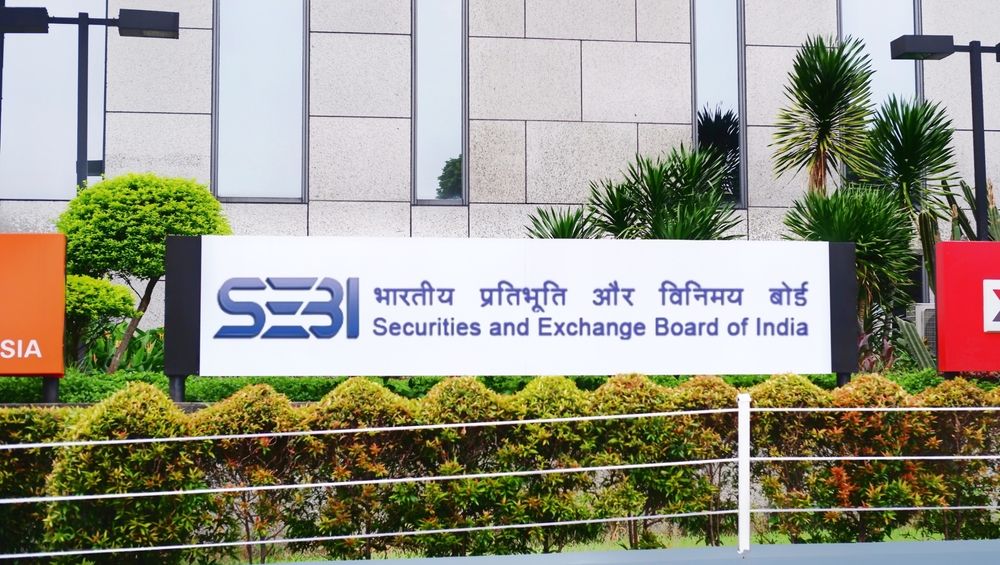Business News
SEBI board meet: Merchant bankers face new net worth, revenue benchmarks; UPSI definition expanded
.png)
3 min read | Updated on December 19, 2024, 12:34 IST
SUMMARY
SEBI board has approved stricter investment banking rules, an expanded definition of UPSI under insider trading regulations, and revised operational mandates for merchant bankers.

The updated framework categorises merchant bankers by net worth, sets revenue benchmarks, and enforces stricter conflict-of-interest policies.
The Securities and Exchange Board of India (SEBI) on Wednesday approved a series of measures, including the overhaul of investment banking rules and an expanded definition of Unpublished Price Sensitive Information (UPSI).
Merchant bankers will now be required to hive off non-permitted activities into a separate legal entity within two years, while activities beyond SEBI’s scope must operate under distinct branding. A fresh valuation activities by merchant bankers will not be permitted without separate registration.
The revised framework categorises merchant bankers into two classes based on net worth—Category 1 (minimum ₹50 crore) and Category 2 (minimum ₹10 crore). Category 2 bankers, however, are barred from managing equity issues on the Main Board.
Revenue benchmarks have also been set: Category 1 bankers must earn at least ₹25 crore cumulatively over three years, while Category 2 bankers must achieve ₹5 crore. Non-compliance could lead to cancellation of registration, though exemptions will be allowed for certain situations.
In a bid to curb conflict of interest and to ensure adequate due diligence, merchant bankers cannot lead manage public issues if their key personnel or their relatives hold stakes exceeding 0.1% in the issuing company or shares whose nominal value is ₹10,00,000, whichever is lower.
SEBI has also expanded the definition of UPSI under its Prohibition of Insider Trading Regulations, 2015 for clarity. The updated definition now includes 17 additional items from the material events listed under SEBI’s Listing Obligations and Disclosure Requirements.
The regulator mandated the electronic transfer of all payments, including dividends, interest, and redemptions, to demat account holders. Companies will be obligated to update investors through registered post, email, or SMS if payments are returned, urging them to provide updated bank account details.
The Board approved amendments to the SEBI (Mutual Funds) Regulations, 1996, mandating fund managers deploy funds collected through New Fund Offers (NFOs) within 30 days as per the scheme's asset allocation. Investors will have the option to exit the scheme without an exit load if timelines are not adhered to.
Regarding Debenture Trustees (DTs), SEBI codified DT rights and issuer obligations to streamline fiduciary roles, mandated standardisation of Debenture Trust Deeds for uniformity, and required DTs to separate non-regulated activities into a new entity within two years.
On ESG rating providers (ERPs), SEBI said such entities need to ensure simultaneous sharing of ESG reports with issuers and subscribers and mandated separation of non-regulated activities to improve operational focus and transparency.
In the case of High-Value Debt Listed Entities (HVDLEs), the regulator has increased the identification threshold for HVDLEs from Rs 500 crore to Rs 1,000 crore, introduced a Business Responsibility and Sustainability Report (BRSR) voluntarily and a sunset clause and improved corporate governance norms for HVDLEs.
By signing up you agree to Upstox’s Terms & Conditions
About The Author
Next Story

